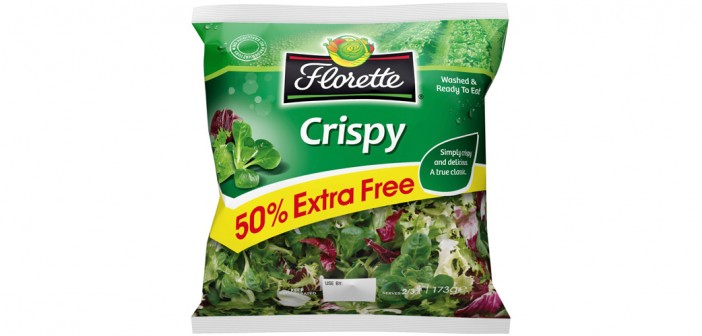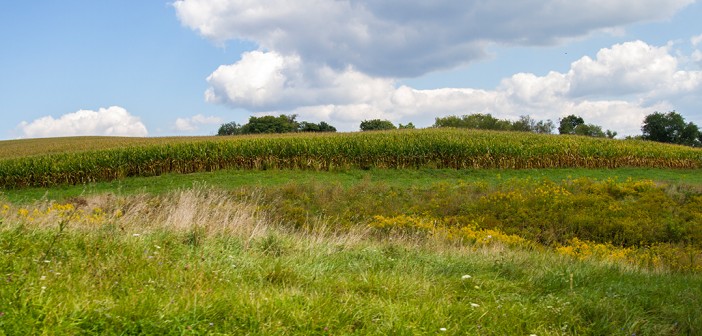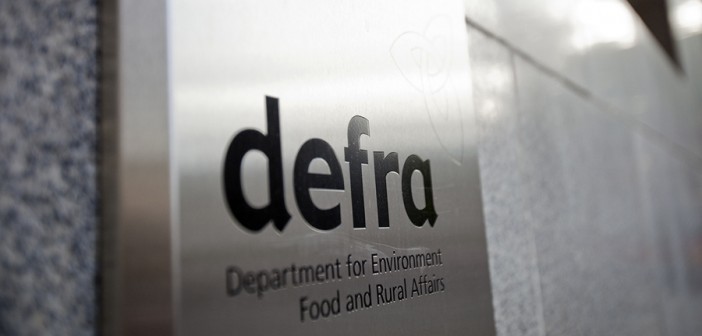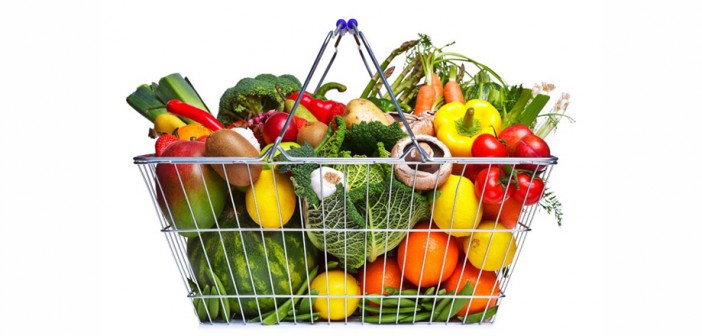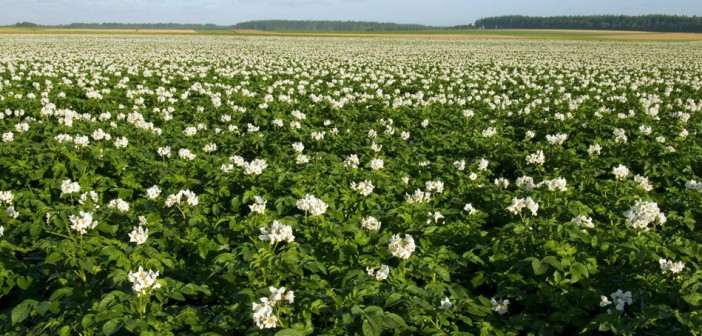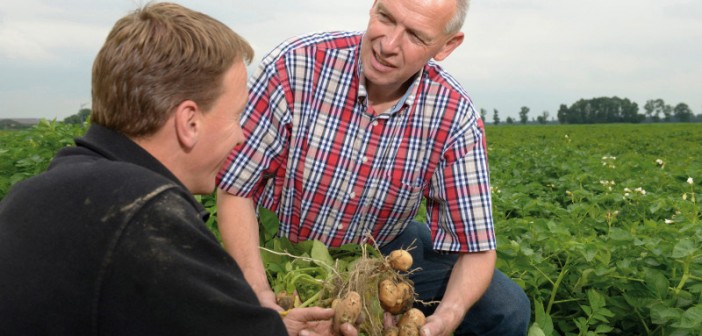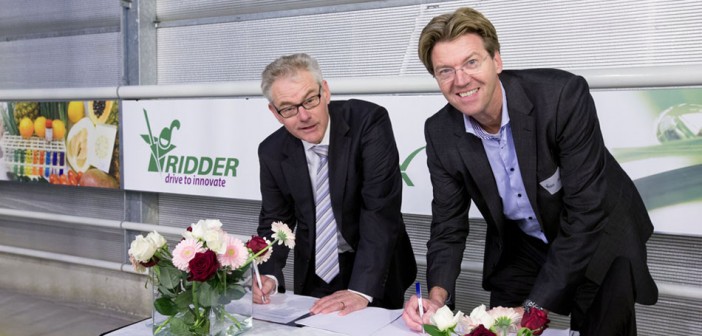Anglia Farmers, Certis and Ecospray have teamed up to apply for an emergency approval for the use of NEMguard DE on potatoes, which has now been granted for use at planting for the control of potato cyst and free living nematodes.
Acute product shortages this season have left growers calling for alternative nematicides as the planting season gets underway. “PCN is the number one pest for potato growers, and has huge economic impact for the industry,” said Mr McDonald. “The emergency authorisation comes at a time when potatoes are already being planted. NEMguard DE is a registered granular nematicide for use in carrots and parsnips, so some growers will already have experience with the product.”
He adds, “It’s important to note the application advice for use in potatoes is at a different dose rate to other root crops.”
This 120-day emergency authorisation is for NEMguard DE to be applied to potato crops by granular application machinery at planting. The maximum dose rate is 60kg/ha with a single in-furrow application (not broadcast). Current trials suggest that the highest levels of efficacy have been seen on free-draining (sandy or mineral loam) soils. The 120-day emergency authorisation will expire on the 11 August 2015.
Users must be in possession of a copy of the Extension of Authorisation Number: 0983 of 2015 for full details of product extension prior to use. It is available from the CRD website www.pesticides.gov.uk.
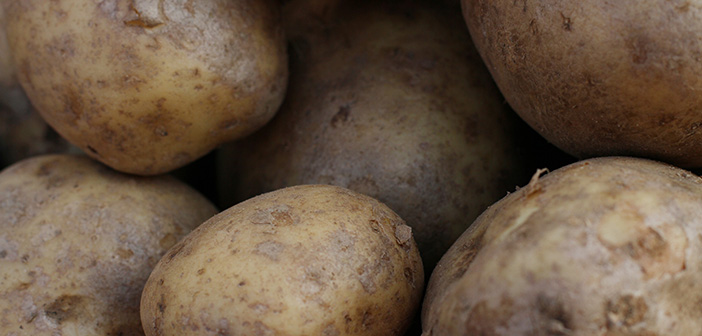
The post Emergency approval for NEMguard on potatoes appeared first on Hort News on 30 April 2015.
